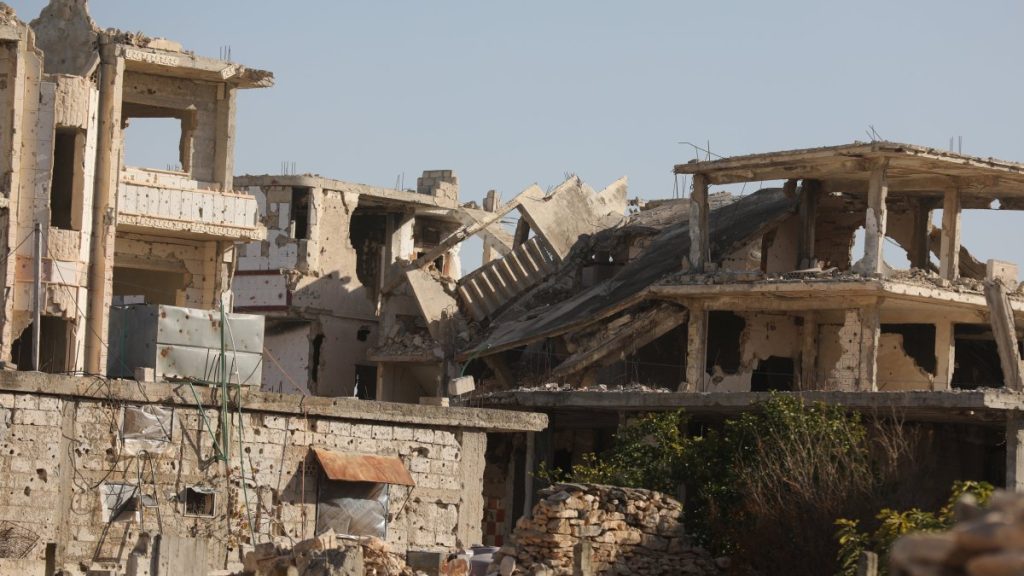Serkan Kayalar, the President of the Turkish Cooperation and Coordination Agency (TIKA), reported that after the fall of the 61-year-old Baath regime, TIKA has resumed its operations in Syria.
Kayalar explained that TIKA implemented nearly 150 projects across different cities in Syria from 1995 to 2011. He recalled that the TIKA Damascus Program Coordination Office, which began operations in March 2010, had to suspend its activities in November 2011 due to the conflict in the country.
Kayalar noted that despite the prolonged conflict, TIKA continued to support the Syrian people, particularly in regions made safe through military operations in the north. In these areas, many development and humanitarian projects were implemented to meet the needs of the local population.
These projects included a wide range of initiatives, from providing equipment to vocational training courses, establishing production workshops and laboratories, to efforts in health, education and capacity building. Kayalar emphasized that recent developments in Syria have changed the conditions in the country, with the end of the conflict paving the way for a period of calm, stability and reconstruction.
Kayalar explained that TIKA is now working to share its field experience gained in previous periods on a broader scale; he continued:
“In this new phase, under the instructions of our Minister of Culture and Tourism, Mehmet Nuri Ersoy, TIKA quickly mobilized and began its work, sending teams to the field. The TIKA office in Damascus is planned to reopen as soon as possible. With the help of these teams, we have started assessing what can be done on the ground. In addition to the projects that were planned but could not be implemented due to the conflict, we are also working on planning projects that are needed and requested in the field.”
Kayalar stated that TIKA will contribute to coordinating with the Ministry of Foreign Affairs, the Embassy and all relevant institutions and organizations operating in the region. He said, “We have already started concrete projects on the ground without delay. The first project we want to complete is the preservation, restoration and landscaping of the cemetery located in the courtyard of the Ibn Arabi Mosque, which we announced through social media.”
Kayalar mentioned that in the future, they aim to increase the number and variety of development cooperation projects, particularly focusing on expanding them across Syria.
He emphasized that TIKA considers projects that touch the lives of people, support employment, increase production and generate income to be crucial for Syria’s reconstruction. Kayalar also pointed out that many regions in Syria, especially Aleppo and Damascus, have work of shared cultural heritage, most of which were damaged during the conflict. He stated:
“Initially, we wish to start work immediately to identify and plan these sites. We cannot ignore the many tasks and problems that need to be addressed for Syria to become self-sufficient and prosperous. Aware of this, we will continue to do everything within our means to contribute to our country’s efforts in the best possible way.
In the upcoming period, we plan to be more active and constantly present in the field. We will also continue to share information and updates about our projects and activities with the public through various communication channels.”


